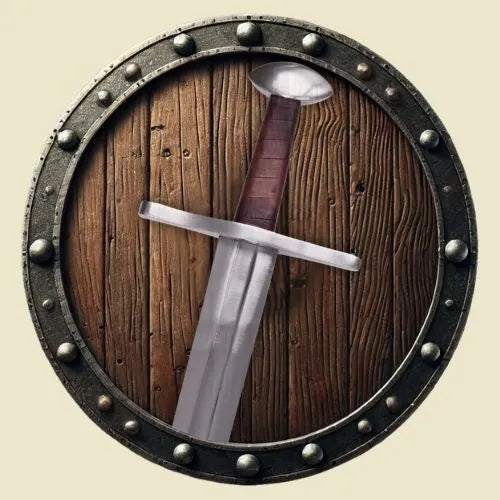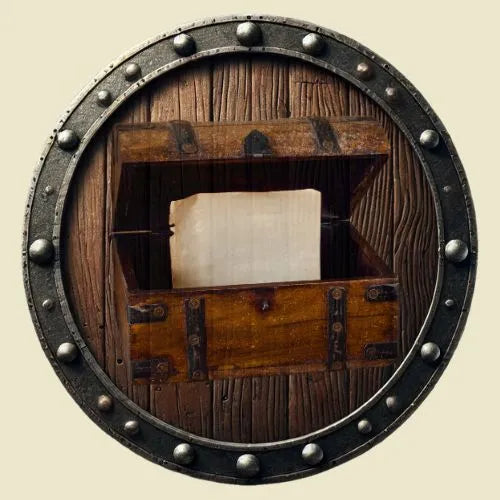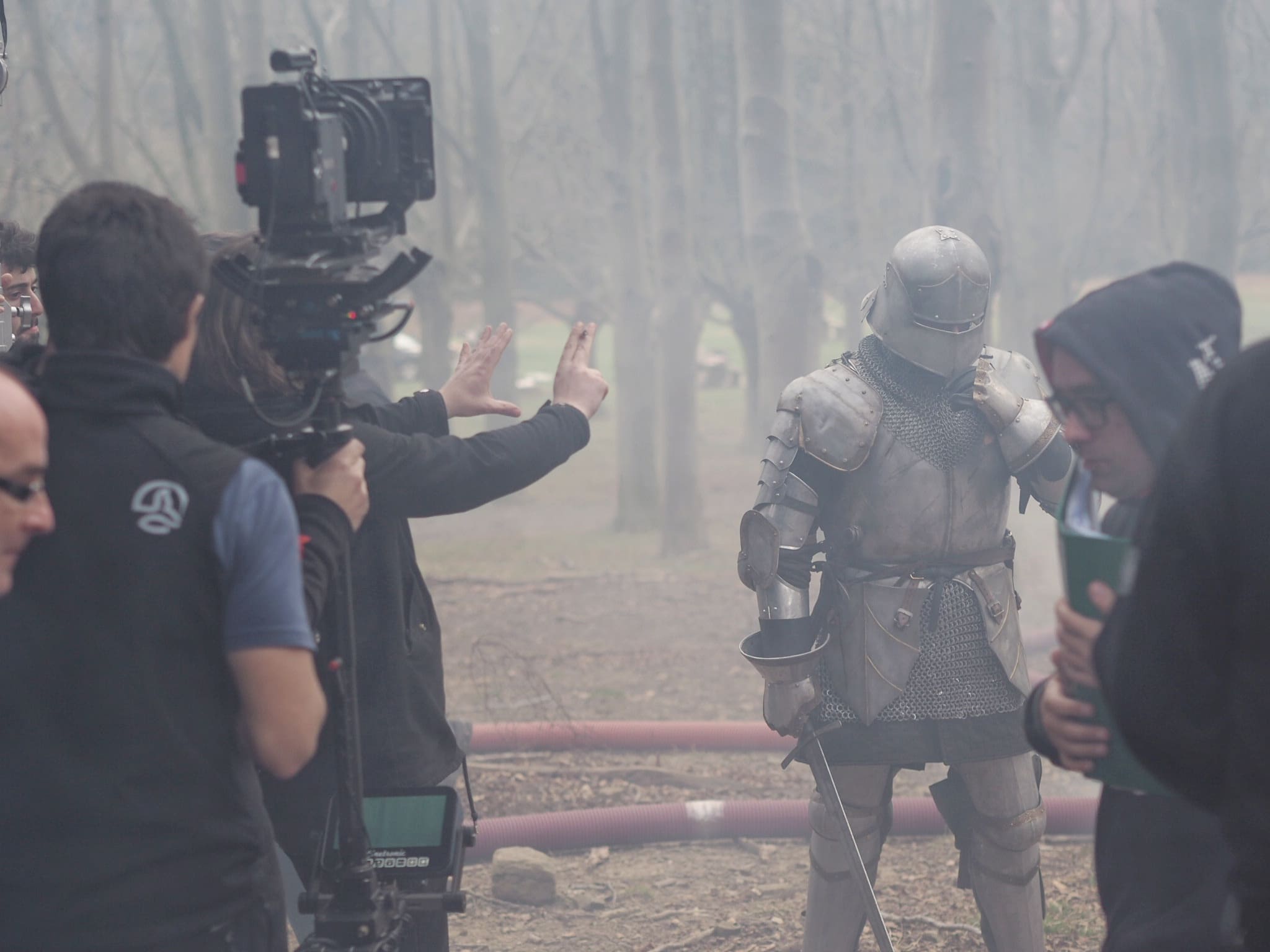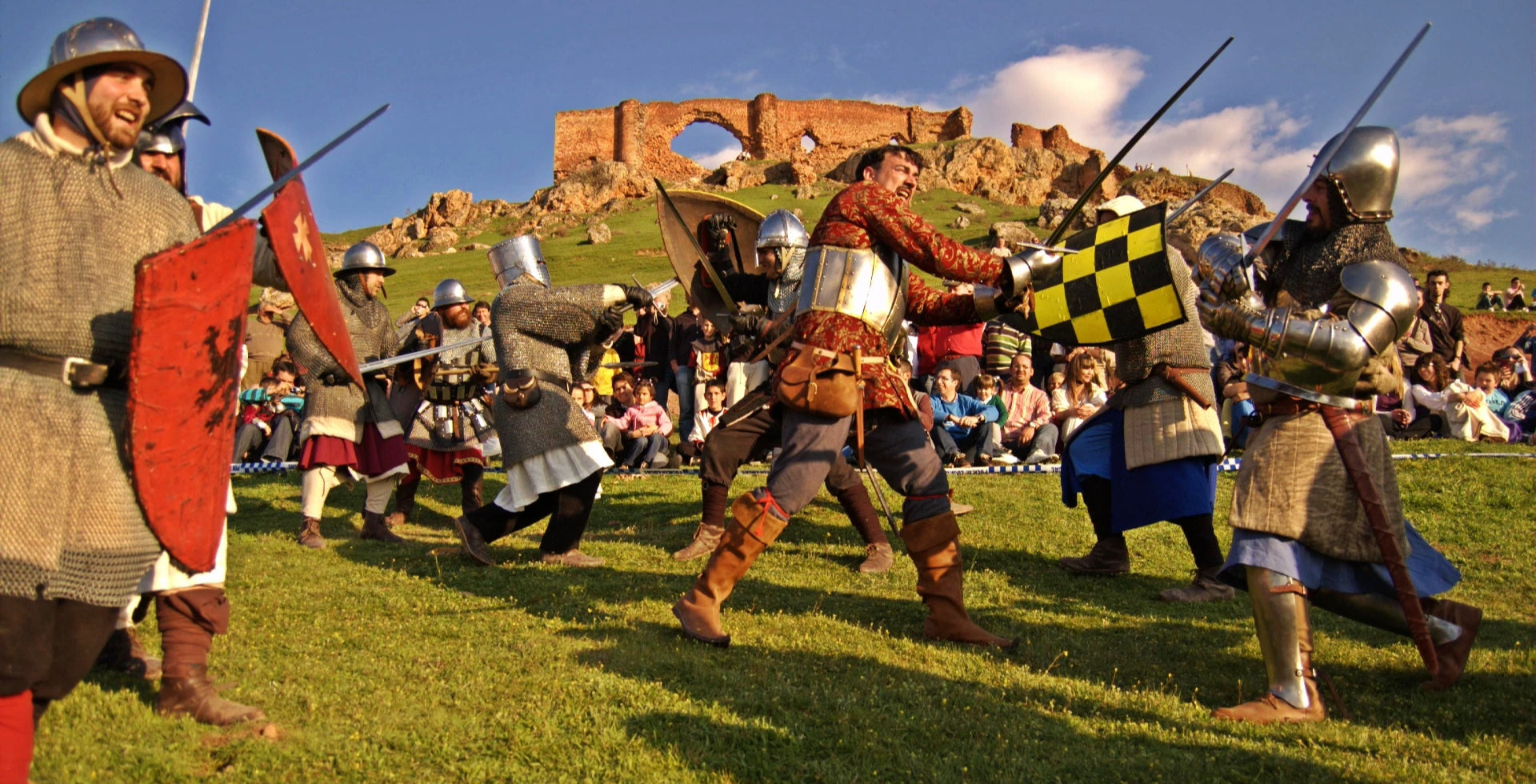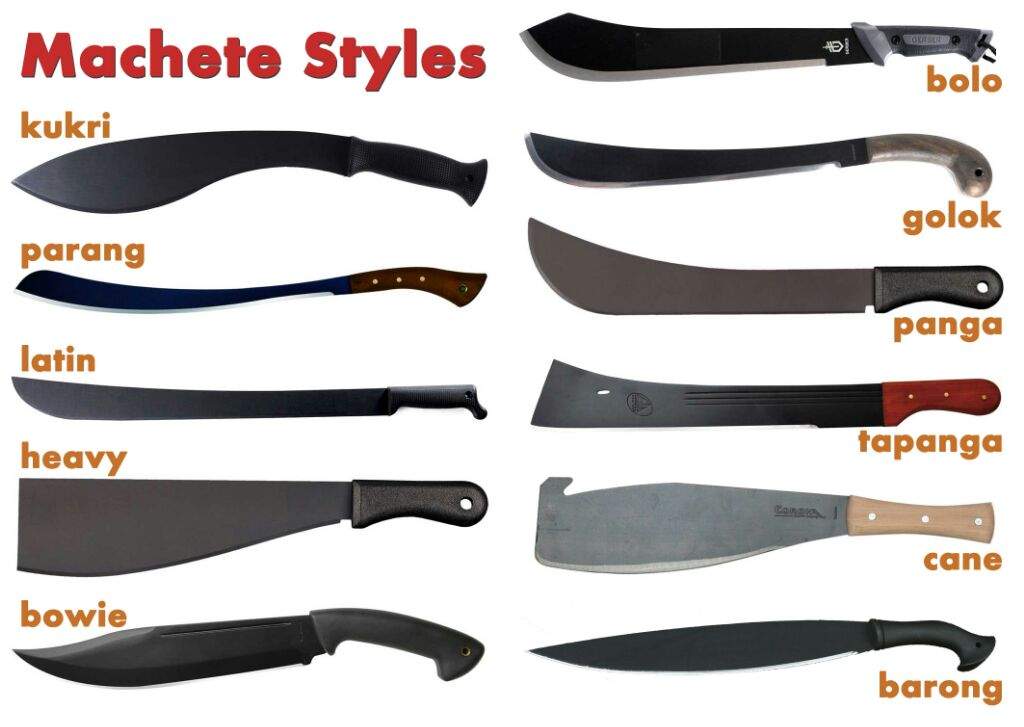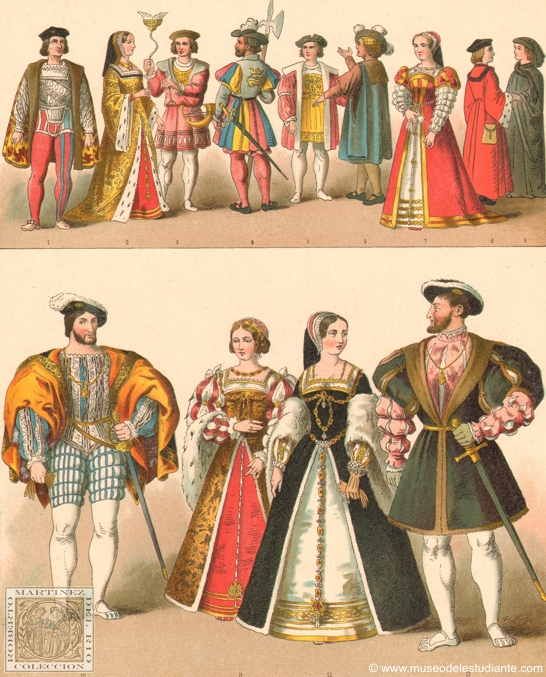A folding leaf that crossed the centuries
Since humans began working with metals, they have sought ways to create versatile and portable tools. Among them, the pocketknife—that folding knife that fits in a pocket—has played a silent but fundamental role in the daily, military, and cultural life of many civilizations.
Although often overshadowed by more imposing weapons, the history of the knife is as ancient as it is surprising.

(Roman knife from 50 AD, 1st century)
Origin of the knife: iron, bone and necessity
Archaeological records take us back to the Iron Age, where we find the first examples of knives. In Austria, at the sites of the Hallstatt culture (5th and 4th centuries BC), iron knives with bone handles have been found. On the Iberian Peninsula, the Iberians made pre-Roman folding knives, demonstrating an early understanding of moving mechanisms and advanced metallurgy.
Pocket knives were also present in the Greco-Roman world. They have been documented in ancient Greece and Rome, where a primitive version of the utility knife even emerged, used by soldiers, doctors, and civilians. The Vikings, great metal craftsmen, were no strangers to retractable-blade knives, carrying them for practical purposes.
The razor in Golden Age Spain
The 16th century marked a turning point for the knife on the Iberian Peninsula. Under the reigns of Charles I and Philip II, restrictions were imposed on the carrying of swords, especially for the non-noble population, and in response, popular society adopted the knife as an alternative weapon and everyday tool. Thus was born one of the world's most important knifemaking traditions: the Spanish knife.

Albacete, birthplace of the Spanish knife
If there's one place associated with the pocketknife in Spain, it's Albacete. Its knife-making history dates back to the 16th century, influenced by Andalusian culture. During the 17th century, the demand for pocketknives soared, and in the 19th century, the iconic figure of the itinerant knife-maker emerged, selling his wares at fairs and stations, such as those in this La Mancha city.
The Albacete knife, with its curved blade, decorated handle and spring system, became a national symbol, so popular that it was even immortalized by Federico García Lorca in his poem "Reyerta":
«In the middle of the ravine
The knives of Albacete,
beautiful women of contrary blood
They shine like fish.
Types of knives
Over time, multiple types of knives have emerged, adapted to different contexts:
- Classic Spanish pocket knife: long blade, horn or wood handle, and spring lock.
- Swiss Army Knife: with additional tools such as a can opener, scissors, or screwdrivers.
- Tactical or military knife: robust, with a non-slip handle, used by security forces.
- Hunting knife: designed for skinning, with curved and resistant blades.
- Automatic or spring knife: opens with a button or pressure mechanism.
- Handmade or collectible knives: unique pieces with engravings, original handles, and fine materials.

Historical and contemporary uses of the razor
Historically, the knife has served both to cut bread and to defend life. It was a tool of peasants, shepherds, soldiers, artisans, sailors, and travelers. Today, it is used in work contexts (agriculture, fishing, mountaineering), in outdoor sports (hiking, survival), and is a collector's item.
Although its carrying is regulated in some countries, the pocketknife remains a symbol of utility and tradition. Brands such as Opinel, Victorinox, Nieto, and Albacete continue to produce pocketknives with extremely high quality standards.
A leaf with centuries of history
The pocketknife is much more than a simple folding tool. Its history spans cultures, empires, and generations, from the blacksmiths of Hallstatt to the artisans of Albacete. It represents ingenuity, adaptation, and functionality. Today, in the digital age, it still holds a privileged place in pockets, backpacks, and display cases. Because when a blade is useful, its sharpness never goes out of style.
Don't forget to check out the impressive collection of pocket knives we have to offer in our shop . You're sure to find the perfect one for you.

